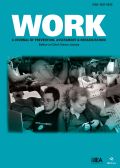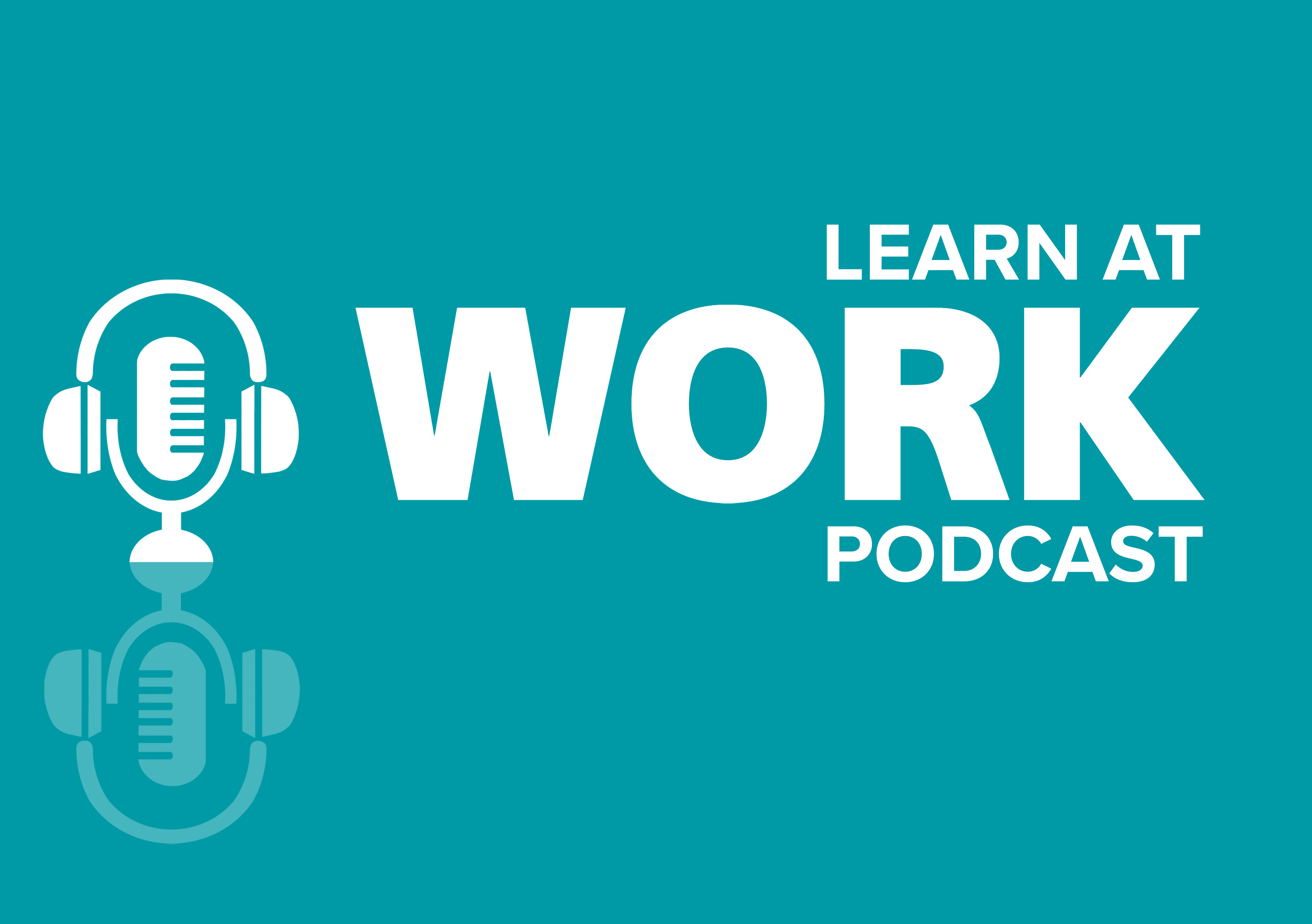Authors: Brock, M. | Northcraft-Baxter, L. | Escoffery, C. | Greene, B.L.
Article Type:
Research Article
Abstract:
Objective: Musculoskeletal injuries are recognized as an important health issue for farmworkers. This study aimed to assess musculoskeletal health in South Georgia farmworkers through an exploration of pain status, health beliefs, occupational tasks, work conditions, access to care, and demographics. Participants: Interviews were conducted with 83 farmworkers at pro bono medical clinics. Methods: Mixed methods interview topics, based upon an adapted theoretical model, included: work history, current work practices,
…musculoskeletal symptoms, health beliefs, acculturation, general health, access to care, and demographics. Results: Pain was reported by 81.9% of participants. The low back (57.4%) and mid back (52.9%) were the most commonly reported sites of pain. Adapted model constructs were identified quantitatively and qualitatively. Open-ended responses described health beliefs, barriers to accessing care, and farmworkers' sense of responsibility to provide for their families. Conclusions: Data revealed that musculoskeletal pain is common and suggest associations with work tasks and conditions. Numerous barriers to accessing care exist and must be considered. Solutions may include farm-based prevention, enhanced education, improved measurement tools, and ongoing use of ecological models to guide research and interventions.
Show more
Keywords: Occupational health, injury, Latino
DOI: 10.3233/WOR-2012-1368
Citation: Work,
vol. 43, no. 2, pp. 223-236, 2012
Price: EUR 27.50






